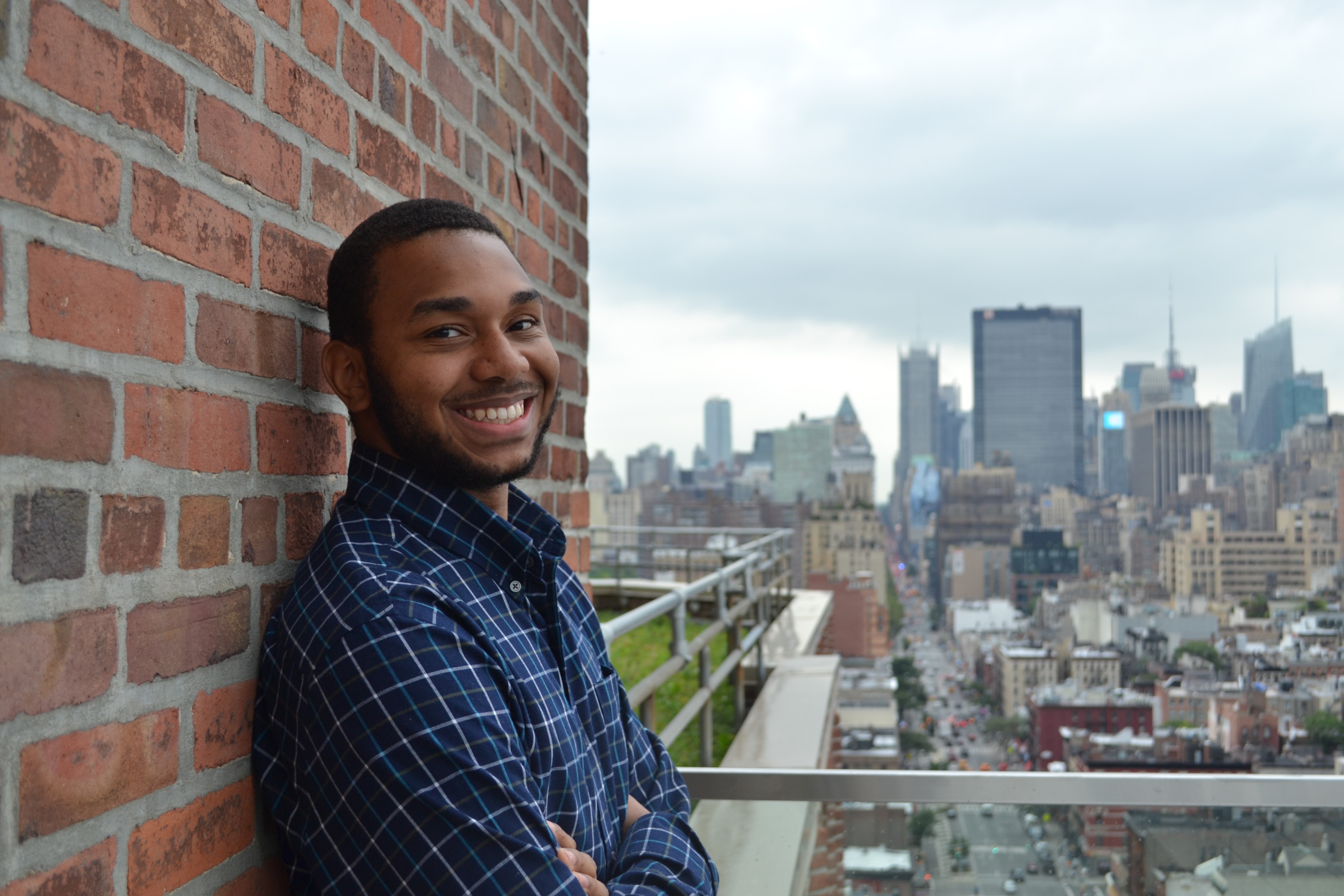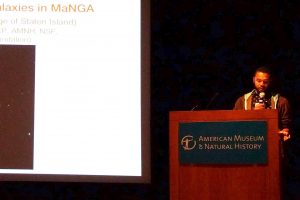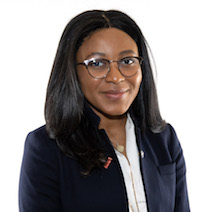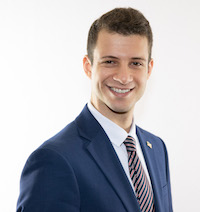
By: Megan Manlunas
*Please Note: Recommendations listed below are the opinion of the student author and not Macaulay Honors College
- Mint
If you find your bank account balance quickly plummeting because of all your impulsive spending, Mint is the app for you. Mint is a great budgeting app that can help you track your spending, create a budget, and offer personalized tips for you to maximize your money.
- Unidays
For those who are addicted to shopping, Unidays will be your new best friend. This app was created for college students to save money on shopping. It features a variety of discounts from shops such as Asos, Urban Outfitters, Adidas, MAC Cosmetics, and Samsung!
- Groupon
Groupon is the hub of all deals. Groupon offers a range of deals from categories such as things to do, beauty & spa, travel, and more. I personally love Groupon for their restaurant deals – I was able to score a groupon to a sushi buffet for only $12. Go treat yourself! Bonus: students get an extra 15% off of local offers.
- Mealpal
If you aren’t on your college campus’ meal plan then you are most likely eating from home or eating on a budget. However, eating on a budget may lead to scarfing down halal or $1 pizza everyday. It’s understandable – you’re just trying to save money. Mealpal is an alternative to the cheap junk food you may be buying. For just $6 a meal, you’re able to reserve a lunch or dinner from thousands of available restaurants and have it ready for pick up the next day! A little hack I learned from using Mealpal is to never sign up at full price, when you create an account wait a couple of weeks and Mealpal will usually offer discounts that range from 30%-50% off your first month, which means lunch for just $3 a meal!
- Seated
Seated is a great app for those who opt to regularly dine out. By browsing restaurants and making reservations, Seated rewards you with $10 – $50 from Amazon, Starbucks or Lyft. It’s a great way to earn money just by eating out!
- TUN
Textbooks are expensive and a burden to buy, especially when the professor says the book is mandatory but then doesn’t teach out of it all semester. TUN is a great resource for finding textbooks for cheap – type in the book you’re looking for and TUN will automatically generate a list of retailers that are selling the textbook. Not only are they a great resource for cheap textbooks, but TUN also has great student resources and discounts!
- Fastweb
Fastweb is a great resource to help you find scholarships to pay for college. With rising tuition costs, many students are finding it harder to pay for college. Fastweb helps you find targeted scholarships based on your strengths, skills and interests. They also offer financial aid resources and career advice to help your professional growth.
- Spotify
I think we can all agree that the radio overplays the same five songs and it gets tiring to hear. Whether you’re in the car or commuting on the subway – Spotify is your music streaming best friend. Spotify Student Premium costs only $5.99 a month and comes with a free subscription to Hulu! With Spotify Premium, you can create your own playlist, follow other playlists, and listen to songs offline.
- LinkedIn
Networking is very important, especially in college. Creating a LinkedIn is essential to enhance your professional growth. I like to think of it as your online resume that anyone can see. But, you’re also able to connect with potential mentors, employers, and recruiters. These connections may help serve you in the future when the opportunity arises.
- Hootsuite
Do you want to keep your social media active, but are always busy? Hootsuite is the app for you! You may not have time to keep your social media up to date between work, classes and sleeping – but Hootsuite is here to help. With Hootsuite, you can easily schedule posts to your social media platforms with a simple press of a button. Hootsuite will automatically post your content to Facebook, Instagram, Twitter, YouTube, LinkedIn or Pinterest!
—-
Interested in writing a blog for the Career Development blog? It’s open to Macaulay students and alums. If you would like to contribute or have any questions, feel free to email Jamie.Ruden@mhc.cuny.edu.
























 Joy Nuga will specialize in finance, public and social policy, and technology. She is a Risk Analyst at Goldman Sachs and a 2017 graduate of Macaulay at Hunter College with a degree in Economics, Public Policy, and German. While at Macaulay, Joy was named a 2017 Franklin Williams Scholar at the Council on Foreign Relations and a recipient of the 2016 Public Policy and International Affairs Fellowship at Carnegie Mellon University. These honors directly pertain to her interests in the intersection between private finance, public policy, and cybersecurity. Joy now serves on the Advisory Board for the Cyber Workforce Alliance (CWA) and regularly advocates for widespread cyber literacy. Joy hails from The Bronx, New York.
Joy Nuga will specialize in finance, public and social policy, and technology. She is a Risk Analyst at Goldman Sachs and a 2017 graduate of Macaulay at Hunter College with a degree in Economics, Public Policy, and German. While at Macaulay, Joy was named a 2017 Franklin Williams Scholar at the Council on Foreign Relations and a recipient of the 2016 Public Policy and International Affairs Fellowship at Carnegie Mellon University. These honors directly pertain to her interests in the intersection between private finance, public policy, and cybersecurity. Joy now serves on the Advisory Board for the Cyber Workforce Alliance (CWA) and regularly advocates for widespread cyber literacy. Joy hails from The Bronx, New York. Elliot David‘s focus will be the environment, climate, and foreign policy. He will graduate in May from Macaulay at Hunter College, where he studies Political Science and Economics as a Cooperman Scholar. Before attending Macaulay, Elliot was a Sergeant in the IDF Paratroopers, and is the cofounder and President of a campus student organization which seeks to promote nuanced dialogue about the Israeli-Palestinian conflict. Elliot hopes to play a significant role in developing solutions to international conflicts and promoting global environmental sustainability.
Elliot David‘s focus will be the environment, climate, and foreign policy. He will graduate in May from Macaulay at Hunter College, where he studies Political Science and Economics as a Cooperman Scholar. Before attending Macaulay, Elliot was a Sergeant in the IDF Paratroopers, and is the cofounder and President of a campus student organization which seeks to promote nuanced dialogue about the Israeli-Palestinian conflict. Elliot hopes to play a significant role in developing solutions to international conflicts and promoting global environmental sustainability.